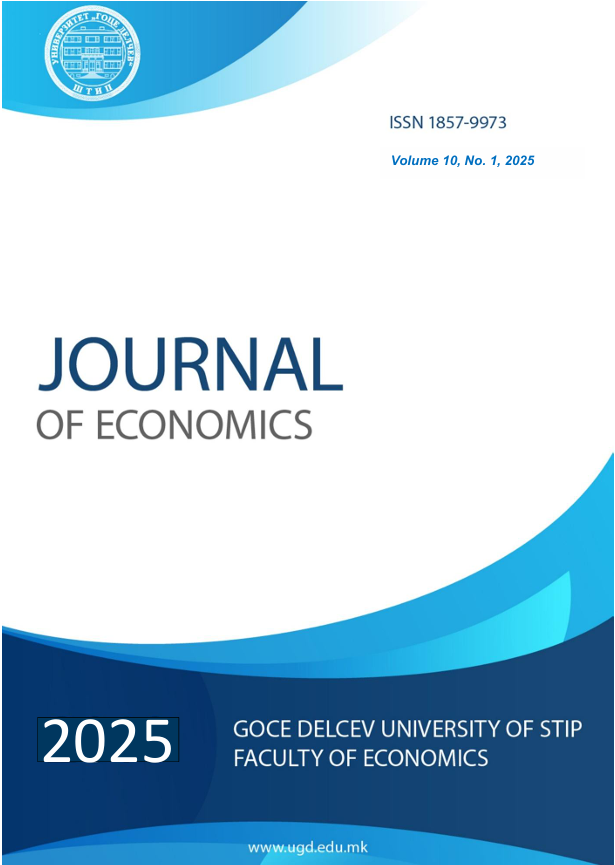Transforming Human Resource Management in Healthcare: The Role of Artificial Intelligence and Industry 5.0
DOI:
https://doi.org/10.46763/JOE2510154tKeywords:
Artificial Intelligence (AI), Human Resource Management (HRM), Healthcare, Industry 5.0, Human-Centric Approach, Predictive Analytics, Western Balkans, Workforce AgilityAbstract
The healthcare sector is undergoing a transformative shift driven by the integration of Artificial Intelligence (AI) and the principles of Industry 5.0. This paper explores how AI is revolutionizing Human Resource Management (HRM) in healthcare, enhancing operational efficiency, optimizing recruitment and talent acquisition, and fostering employee engagement. Industry 5.0 introduces a human-centric approach that emphasizes collaboration between humans and advanced technologies, prioritizing employee well being and creating a more resilient workforce. This study also highlights the experiences of the Western Balkans, where regional adoption of AI in healthcare HRM has demonstrated significant improvements, including reduced recruitment times, enhanced workforce efficiency, and alignment with European Union digital health standards. Through a comprehensive review of current literature, case studies, and statistical data, this paper examines the benefits, challenges, and future implications of AI-driven HRM systems, with a particular focus on predictive analytics, personalized employee development, and proactive workforce planning. It further addresses critical challenges such as data privacy, ethical considerations, and the need for robust governance frameworks to ensure transparency and fairness in AI-driven decision-making. The findings reveal that successful integration of AI and Industry 5.0 principles in healthcare HRM not only enhances organizational agility but also improves public health outcomes, positioning healthcare providers to navigate the complexities of an evolving global healthcare landscape.


